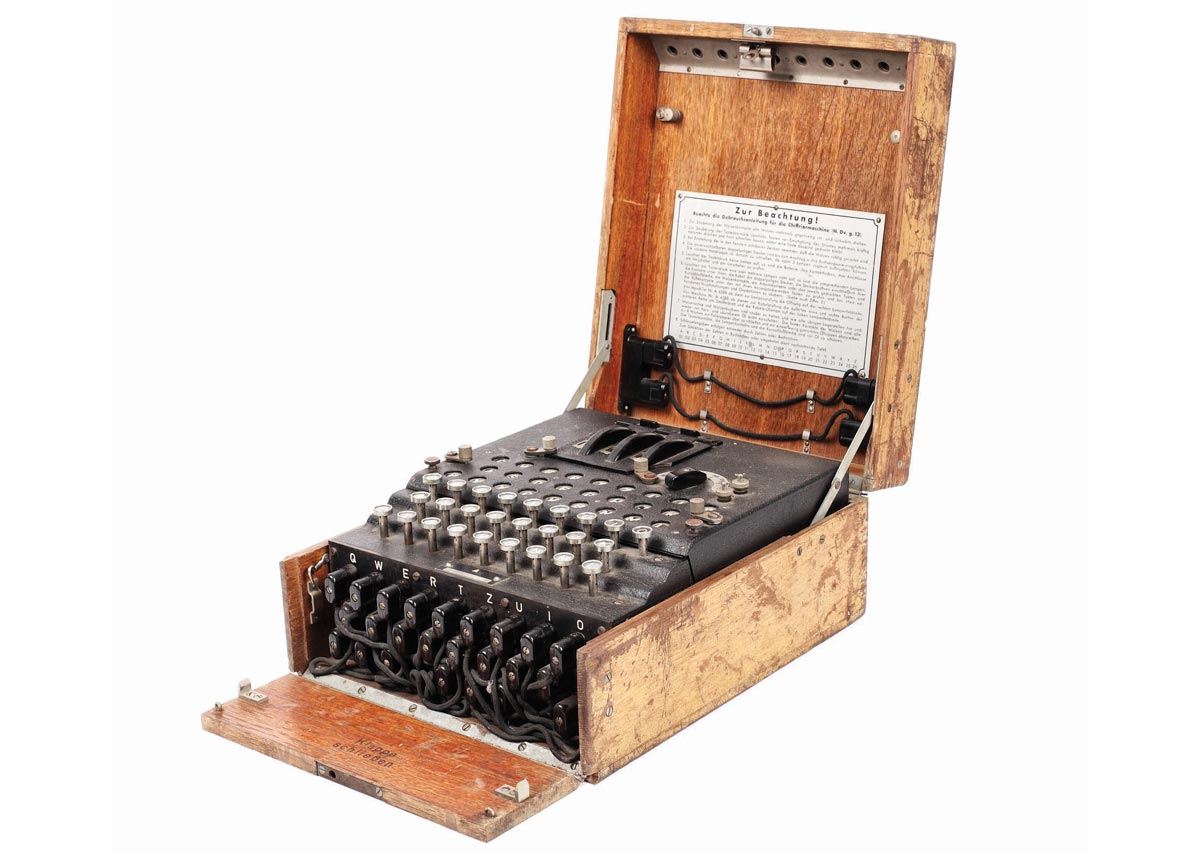
Get the world’s most fascinating discoveries delivered straight to your inbox.
You are now subscribed
Your newsletter sign-up was successful
Want to add more newsletters?

Delivered Daily
Daily Newsletter
Sign up for the latest discoveries, groundbreaking research and fascinating breakthroughs that impact you and the wider world direct to your inbox.

Once a week
Life's Little Mysteries
Feed your curiosity with an exclusive mystery every week, solved with science and delivered direct to your inbox before it's seen anywhere else.

Once a week
How It Works
Sign up to our free science & technology newsletter for your weekly fix of fascinating articles, quick quizzes, amazing images, and more

Delivered daily
Space.com Newsletter
Breaking space news, the latest updates on rocket launches, skywatching events and more!

Once a month
Watch This Space
Sign up to our monthly entertainment newsletter to keep up with all our coverage of the latest sci-fi and space movies, tv shows, games and books.

Once a week
Night Sky This Week
Discover this week's must-see night sky events, moon phases, and stunning astrophotos. Sign up for our skywatching newsletter and explore the universe with us!
Join the club
Get full access to premium articles, exclusive features and a growing list of member rewards.
A German cryptography machine found at a flea market recently fetched $51,000 at auction.
The Enigma machine, which was sold by the art auction house Artmark, was first spotted by an eagle-eyed cryptography professor who was wandering in the flea market in Bucharest, Romania. The professor immediately recognized its significance. However, he played it cool and managed to snag the item for 100 euros ($114), Deutsche Welle reported. Now, the machine has sold for 45,000 euros ($51,000), netting him a tidy profit.
The Enigma machine is just one of many items of science history sold at auction recently: A letter from Einstein that was auctioned in May fetched nearly the same amount, or around $54,000.
Enigma machines were special encryption machines that were used by the Germans during World War II to send secure messages to their forces. While the initial code was cracked by Polish mathematicians on the eve of World War II, that didn't get them very far.
The Germans would constantly change the key used to decode their messages, and reset their machines, making it challenging for Allied forces to decipher their messages. However, during the war, a set of code-breakers led by Alan Turing at England's top-secret Bletchley Park managed to break the Enigma code even with constantly changing keys.
The Enigma machine that just sold is an Enigma 1, which was made by Heimsoeth & Rinke in 1941. It is still usable and comes in its original box. The box likely wound up in Romania because during the war, Germany and Romania were allies. About 20,000 Enigma 1 machines were made, although few remain in existence today, Deutsche Welle reported.
Originally published on Live Science.
Get the world’s most fascinating discoveries delivered straight to your inbox.

Tia is the editor-in-chief (premium) and was formerly managing editor and senior writer for Live Science. Her work has appeared in Scientific American, Wired.com, Science News and other outlets. She holds a master's degree in bioengineering from the University of Washington, a graduate certificate in science writing from UC Santa Cruz and a bachelor's degree in mechanical engineering from the University of Texas at Austin. Tia was part of a team at the Milwaukee Journal Sentinel that published the Empty Cradles series on preterm births, which won multiple awards, including the 2012 Casey Medal for Meritorious Journalism.
 Live Science Plus
Live Science Plus










